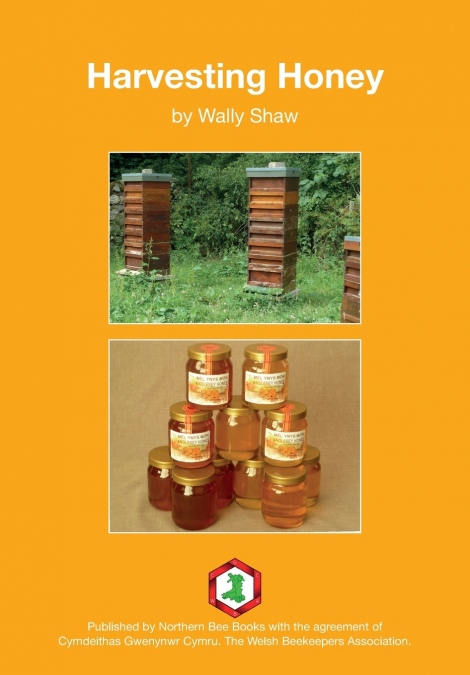
 Librería Desdémona
Librería Desdémona
 Librería Samer Atenea
Librería Samer Atenea
 Librería Aciertas (Toledo)
Librería Aciertas (Toledo)
 Kálamo Books
Kálamo Books
 Librería Perelló (Valencia)
Librería Perelló (Valencia)
 Librería Elías (Asturias)
Librería Elías (Asturias)
 Donde los libros
Donde los libros
 Librería Kolima (Madrid)
Librería Kolima (Madrid)
 Librería Proteo (Málaga)
Librería Proteo (Málaga)
The aim of this booklet is to help beekeepers to better understand honey itself and to harvest and prepare it for home use or sale retaining as much of its essential properties as possible. What exactly is honey, for it is certainly a lot more than a solution of various sugars in water? If we are to produce good honey it is important to understand how it should be handled in all stages between the hive and jar because in reality it is quite a delicate product. Stories about finding four thousand year old honey in Egyptian tombs and “and it was just as good as the day it was put there” are just that – stories. There are many similarities between honey and wines; they both need great care in their production, handing and storage if they are to develop and retain their full potential. It is generally accepted that the `best` honey comes straight from the comb (cut comb or sections). The various processes that we use to get pristine honey from the comb into a jar all have the potential to damage it in some way. In Britain we currently get a premium price for home-produced honey (the envy of beekeepers in many other parts of the world) and it is our responsibility to see that we bring a top quality product to market.